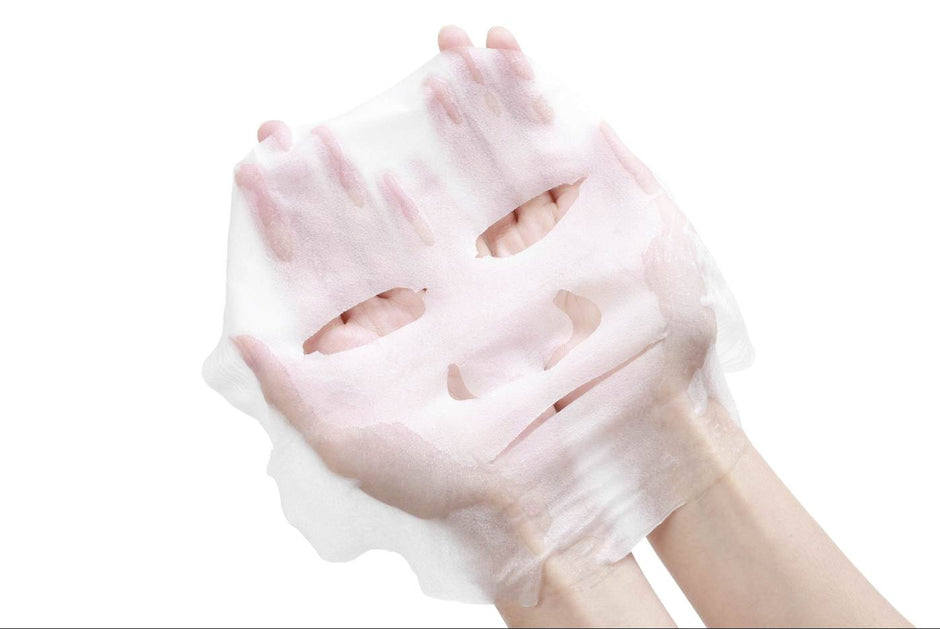We all know that vitamins are great for our skin, but did you know that incorporating topical vitamins C and B3 into non-surgical facelift procedures can offer a multitude of benefits, enhancing the overall effectiveness and results of these treatments?
Here's why:
Vitamin C
Firstly, Vitamin C is a powerful antioxidant that plays a crucial role in collagen production and a key component for maintaining skin elasticity and firmness. By incorporating topical vitamin C into non-surgical facelift procedures, you’ll be enhancing collagen production, which will result in plumper and more youthful-looking skin. Increased collagen levels can help diminish the appearance of fine lines and wrinkles, improve skin texture, and promote a smoother complexion.
How does Vitamin C affect collagen production?
Collagen is a structural protein that provides strength, structure, and elasticity to the skin. Vitamin C plays a crucial role in the formation of collagen by supporting the enzymatic reactions necessary for its synthesis. It acts as a co-factor for two key enzymes, prolyl hydroxylase and lysyl hydroxylase, which are involved in collagen production. Without sufficient vitamin C, these enzymes cannot function optimally, leading to impaired collagen synthesis.
Vitamin C is also necessary for the hydroxylation of specific amino acids, namely proline and lysine, which are crucial for collagen structure. Hydroxylation of these amino acids allows collagen molecules to form the stable triple helix structure, providing strength and stability to the skin's extracellular matrix. Vitamin C deficiency can disrupt this hydroxylation process and result in weaker collagen fibres.
Vitamin C also possesses remarkable skin brightening properties, making it effective in reducing the appearance of hyperpigmentation, dark spots, and uneven skin tone. Regular application of topical vitamin C can help fade discoloration caused by sun damage or aging, resulting in a more radiant and even complexion. By combining the brightening effects of vitamin C with non-surgical facelift procedures, you can achieve a more youthful and rejuvenated appearance.
Vitamin B3 (Niacinamide)
Niacinamide, also known as vitamin B3, on the other hand offers a different range of benefits. One of its key advantages and why this ingredient has become so popular, is its ability to stimulate the production of ceramides.
What are they and why are ceramides important?
Ceramides are naturally occurring lipids (fatty acids) found in the skin's outermost layer, known as the stratum corneum. They play a vital role in maintaining skin health and offer several benefits when it comes to overall skin function and appearance.
One of the primary functions of ceramides is to help retain moisture in the skin. They form a protective barrier that prevents excessive water loss through the skin, thus maintaining optimal hydration levels. By keeping the skin adequately moisturized, ceramides help prevent dryness, flakiness, and rough texture, resulting in a smoother and softer complexion.
Ceramides are crucial for maintaining the integrity and strength of the skin's barrier. They help fortify the outermost layer of the skin, preventing harmful environmental substances from penetrating and causing damage. A healthy skin barrier minimizes moisture loss, protects against irritants, allergens, and pollutants, and promotes overall skin health.
Ceramides act as a defence mechanism against environmental stressors, including harsh weather conditions, pollution, and UV radiation. They help strengthen the skin's natural defence system, reducing the risk of damage caused by external factors. By preserving the skin's protective barrier, ceramides support the skin's resilience and minimize the effects of oxidative stress.
As we age, the natural production of ceramides in the skin decreases, leading to a compromised barrier and moisture loss. This reduction in ceramides contributes to the visible signs of aging, such as fine lines, wrinkles, and sagging skin. By replenishing ceramides through skincare products or treatments, it is possible to restore the skin's moisture balance and improve its elasticity, resulting in a more youthful and plump appearance.
Ceramides have anti-inflammatory properties that can help soothe and calm irritated or sensitive skin. They play a role in regulating inflammation and reducing redness, making them beneficial for individuals with conditions such as eczema, psoriasis, or rosacea. By strengthening the skin barrier and reducing inflammation, ceramides contribute to overall skin comfort and improved complexion.
Both vitamin C and niacinamide possess potent antioxidant and anti-inflammatory properties. These properties help neutralize free radicals, which are unstable molecules that contribute to premature aging and damage to the skin. By incorporating topical vitamins C and B3 into non-surgical facelift procedures, you can provide added protection against oxidative stress and inflammation, helping to maintain the skin's health and vitality.






